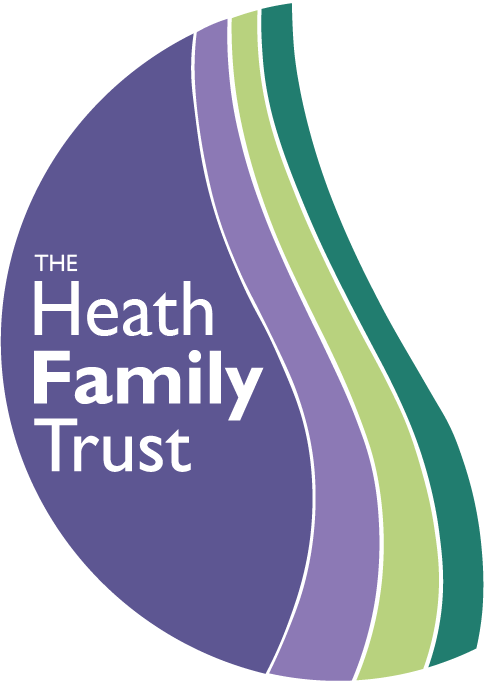Mathematics
We have a passion for high standards in mathematics and believe that all our pupils can become excellent mathematicians. Mathematics is taught daily at our school. After a review of Mathematics at Daresbury and listening to our children regarding how we could make our provision even better, we have introduced "Maths No Problem" in November 2022. Maths No Problem is a scheme that encourages pupils to master mathematical concepts in greater detail and depth and it does this by using a three-step learning process. The three steps are concrete, pictorial and abstract. In the concrete step, pupils engage in hands-on learning experiences using concrete objects such as cubes and place value apparatus. This is followed by looking at, or creating pictorial representations of mathematical concepts; children will then ‘journal’ (as one pupil explained "Getting my thoughts and ideas down on paper") their ideas.
Pupils will then move on to solve mathematical problems in an abstract way, by using numbers and symbols; this is recorded in a textbook. These three steps are included in every lesson we teach and we believe that this contextualised learning is the key to a deeper mathematical understanding for our pupils.
For us at Daresbury Mathematics is a creative and an inter-connected subject and we believe that by teaching Mathematics using the tool of Maths No Problem, that all children will also develop their sense of curiosity and of inter-connectedness.
Method and process are equally as important as the answer. We ensure that our pupils have a bank of strategies and the mental fluency to confidently solve mathematical problems in a range of contexts. We encourage our pupils to explain their methods, talk to each other about how they solved a problem and find relationships and patterns in their processes and solutions. Mathematical vocabulary is at the heart of each of our lessons; ensuring pupils understand and use the correct terminology in order to communicate confidently in a shared mathematical language. Pupils also work in mixed-ability pairs, giving every pupil the opportunity to challenge themselves and extend their own thinking.
A strong relationship between conceptual understanding and procedural fluency are key for pupils to truly gain ‘mastery’. In order to extend, we believe in deepening thinking within the area of study, rather than accelerating onto the next topic. To deepen knowledge and understanding, we ask questions such as: How did you get that answer? Can you prove it to me? What strategy did you use? Is there another way? Can you show me?
It is the expectation that children are able to confidently recall all the multiplication facts up to 12 x 12 by the end of Year 4. Children learn strategies for multiplication throughout their mathematics lessons and also able to practise their rapid recall using Times Table Rock Stars (TTRS) both in school and at home.


